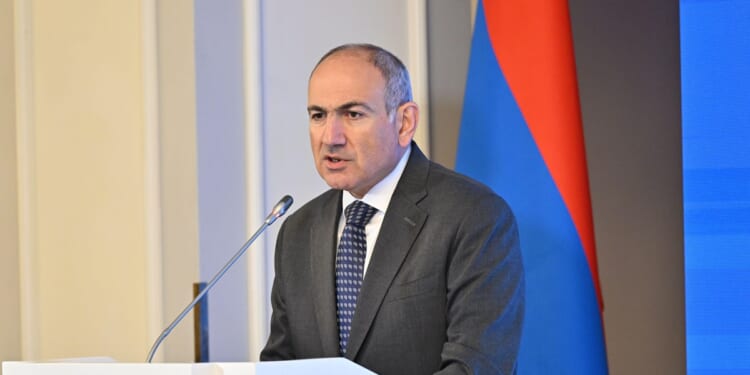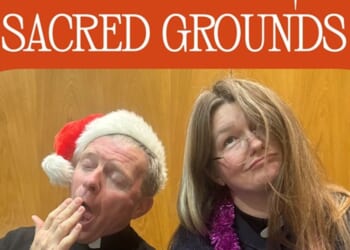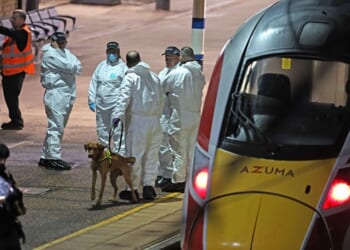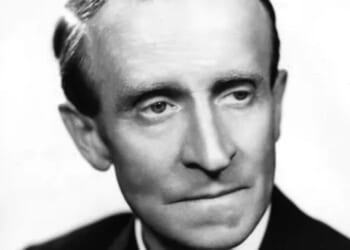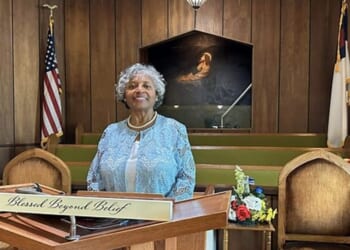ARMENIA has held its first national prayer breakfast, with the backing of its Prime Minister, Nikol Pashinyan.
Delivering the keynote address in Yerevan last Friday, against the background of a sharp decline in church-state relations in recent months, he said that religious tolerance had always been a priority for his government.
A former Primate (Arachnort) of the eastern diocese of the Armenian Church of America, the Rt Revd Daniel Findikyan, who is a Professor of Liturgical Studies at St Nersess Armenian Seminary in Armonk, New York State, spoke, however, of the persecution of the Armenian Apostolic Church. “Three of my brother bishops are in prison,” he told the gathering.
He was referring to Archbishop Bagrat Galstanyan, of the diocese of Tavoush; Archbishop Mikael Ajapahyan, of the diocese of Shirak; and Bishop Mkrtich Proshyan, of the diocese of Aragatsotn, who have been imprisoned and detained on various charges, including plotting to overthrow the government (News, 10 October).
At the prayer breakfast, the Vice Chair of the US Commission on International Religious Freedom (USCIRF), Dr Asif Mahmood, expressed concerns about the level of state interference in religious affairs in Armenia, including imprisonments, and urged the authorities to “respect due process”.
“The State must refrain from interference in the internal affairs of the Church, including the selection of its leaders,” he said.
The director of advocacy for Christian Solidarity International (CSI), Joel Veldkamp, said that the agency had asked for face-to-face meetings with the religious prisoners to “check on their well-being, [and] the conditions they are held in, and understand the charges against them”, but the Ministry of Justice had refused these.
The Armenian Church’s Supreme Spiritual Synod, convened from 4 to 7 November at the mother see of Holy Etchmiadzin, spoke of a rise in “dissemination of hate speech and intolerance through anti-church rhetoric”. It strongly condemned the “unlawful acts against the Church, the infringement of the rights of the Church and its clergy”.
Tension between Church and State is a prominent issue in the run-up to Armenia’s parliamentary elections, set for June 2026. The Armenian Apostolic Church has expressed strong opposition to Mr Pashinyan’s policies, and his general ratings in opinion polls have declined. Trust in the Church increased by ten per cent in 2024 over the previous year, a June poll by the International Republican Institute suggested.
Mr Pashinyan came to power after the Armenian Velvet Revolution of 2018. He has repeatedly called for the replacement of the Catholicos, Karekin II, who, he says, holds the position “unlawfully”.
The Prime Minister has accused Karekin of breaking his vow of celibacy. The website news.am reported that he said earlier this month: “If Ktrich Nersisyan [the secular name of Karekin II] has a child, and that child was born after he took the vow of celibacy, can he occupy the throne of the Catholicos of All Armenians?”
He told reporters: “Ktrich Nersisyan is not a Catholicos.”
Catholicos Karekin’s brother and nephew were arrested earlier this month over alleged interference in local elections.

